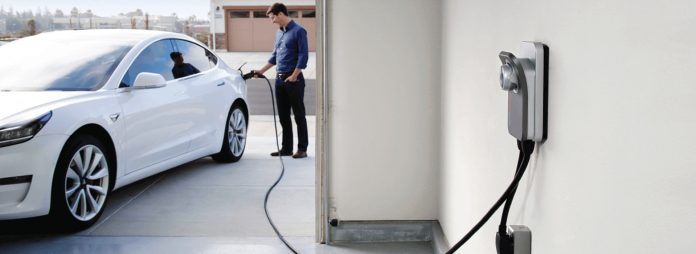According to J.D. Power’s 2023 U.S. Electric Vehicle Experience Home Charging Study released on March 16, 2023, the growing EV market has experienced rising electricity rates partly due to the recent inflationary period, which has led to lower satisfaction with home charging.
Although more than two-thirds (68%) of EV owners have a permanent level 2 charging station at home, their overall satisfaction decreased by 12 points from last year on a 1,000-point scale, the study found.
The speed for all three home charging segments is another factor bringing down overall satisfaction in the study. The 2023 survey reveals that owners of 2022 and 2023 model EVs are less satisfied with their home charging speeds of 605 and 597, than owners of 2021 and 2020 model EVs with speeds of 616 and 608.
Brent Gruber, executive director of the EV practice at J.D. Power stated that “improving the EV user experience with regard to home charging should be a common goal shared by all participants in the EV ecosystem.” Adding, brands that assist owners in utilizing EV charging opportunities will be in a far better position in the future as the EV industry expands.
Eight factors are used to gauge customer satisfaction: reliability, cost of charging, charging speed, cost of winding/storing cable, length of cord, size of charger, and ease of winding/storing cable. These variables offer a thorough evaluation of charger performance and owner experience.
The 2023 study’s primary findings are as follows:
- The importance of educating owners grows as electricity prices rise: Only 51% of EV owners, up slightly from 49% a year ago, claim to be aware of utility company programs for charging their vehicles at home. Adrian Chung, head of utility intelligence at J.D. Power, stated that “customers are looking to utility firms to help manage rising prices.”
- More than one-third of owners (35%) say they always schedule a time to charge their car at home, compared to 49% who say they don’t utilize any scheduling. This indicates that arranging charge times boosts satisfaction. Among those who choose to schedule home charging via an app shows satisfaction is the highest when using the vehicle mobile app rather than the charger mobile app.



